What autism looks like
Signs and Symptoms of Autism Spectrum Disorders
Español (Spanish)
Autism spectrum disorder (ASD) is a developmental disability caused by differences in the brain. People with ASD often have problems with social communication and interaction, and restricted or repetitive behaviors or interests. People with ASD may also have different ways of learning, moving, or paying attention. It is important to note that some people without ASD might also have some of these symptoms. But for people with ASD, these characteristics can make life very challenging.
Learn more about ASD
Social Communication and Interaction Skills
Social communication and interaction skills can be challenging for people with ASD.
Examples of social communication and social interaction characteristics related to ASD can include
- Avoids or does not keep eye contact
- Does not respond to name by 9 months of age
- Does not show facial expressions like happy, sad, angry, and surprised by 9 months of age
- Does not play simple interactive games like pat-a-cake by 12 months of age
- Uses few or no gestures by 12 months of age (for example, does not wave goodbye)
- Does not share interests with others by 15 months of age (for example, shows you an object that they like)
- Does not point to show you something interesting by 18 months of age
- Does not notice when others are hurt or upset by 24 months of age
- Does not notice other children and join them in play by 36 months of age
- Does not pretend to be something else, like a teacher or superhero, during play by 48 months of age
- Does not sing, dance, or act for you by 60 months of age
Restricted or Repetitive Behaviors or Interests
People with ASD have behaviors or interests that can seem unusual. These behaviors or interests set ASD apart from conditions defined by problems with social communication and interaction only.
Examples of restricted or repetitive behaviors and interests related to ASD can include
- Lines up toys or other objects and gets upset when order is changed
- Repeats words or phrases over and over (called echolalia)
- Plays with toys the same way every time
- Is focused on parts of objects (for example, wheels)
- Gets upset by minor changes
- Has obsessive interests
- Must follow certain routines
- Flaps hands, rocks body, or spins self in circles
- Has unusual reactions to the way things sound, smell, taste, look, or feel
Other Characteristics
Most people with ASD have other related characteristics. These might include
- Delayed language skills
- Delayed movement skills
- Delayed cognitive or learning skills
- Hyperactive, impulsive, and/or inattentive behavior
- Epilepsy or seizure disorder
- Unusual eating and sleeping habits
- Gastrointestinal issues (for example, constipation)
- Unusual mood or emotional reactions
- Anxiety, stress, or excessive worry
- Lack of fear or more fear than expected
It is important to note that children with ASD may not have all or any of the behaviors listed as examples here.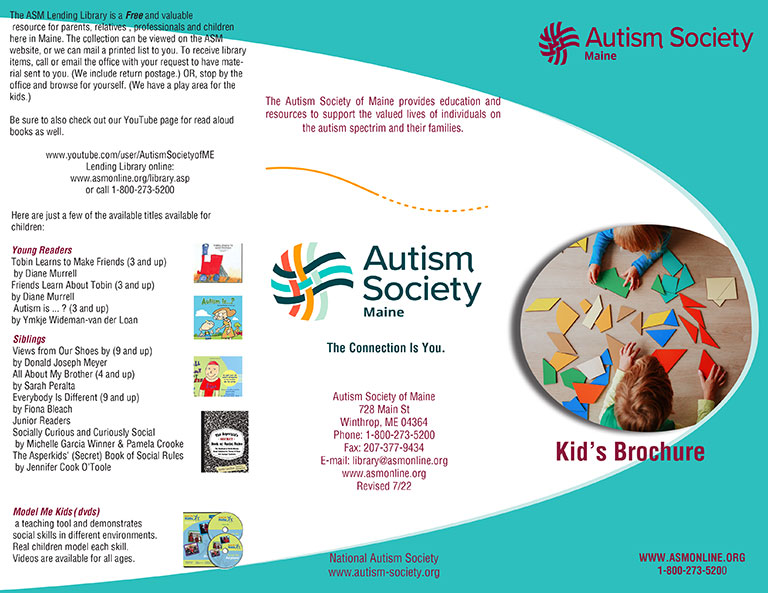
Learn more about screening and diagnosis of ASD
Learn more about treating the symptoms of ASD
Page last reviewed: March 28, 2022
Content source: National Center on Birth Defects and Developmental Disabilities, Centers for Disease Control and Prevention
Do I Have Symptoms of ASD or Aspergers?
Do I Have Autism? A Test for Adults
Awareness of autism spectrum disorder (ASD) has grown dramatically in recent years, which reflects an increase in autism tests and diagnoses — and in the public’s understanding that, even late in life, an autism diagnosis can offer major benefits and relief. Still, symptoms of autism — particularly those previously associated with Aspergers — are still frequently misdiagnosed as attention deficit hyperactivity disorder (ADHD), mood disorders, obsessive compulsive disorder (OCD), and other related conditions — leading to poor treatment and lifelong challenges.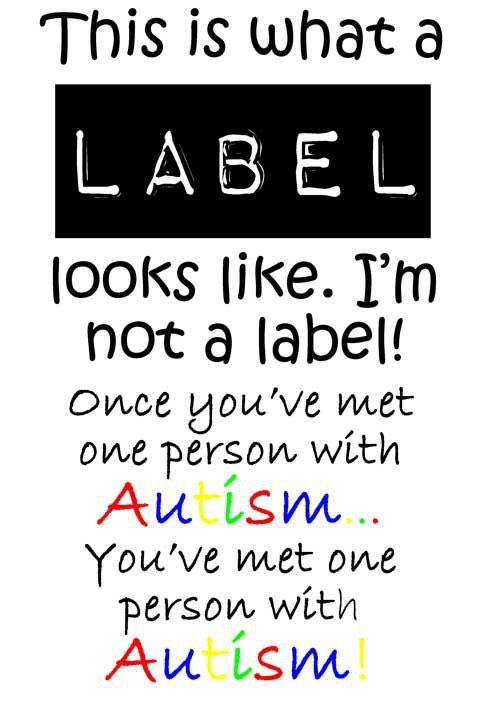 If you recognize yourself or a loved one in the following descriptions of autism spectrum disorder, make an appointment with a health care professional to discuss an evaluation test for autism.
If you recognize yourself or a loved one in the following descriptions of autism spectrum disorder, make an appointment with a health care professional to discuss an evaluation test for autism.
This free autism test was adapted from the Autism Spectrum Screening Questionnaire (ASSQ) designed to screen the possibility of ASD, and is for personal use only. This is not a diagnostic tool. An accurate diagnosis can only be made through clinical evaluation. This autism test is for personal use only.
Are you always the first one to notice when a friend has gotten a haircut or made a small change to their appearance?
Very Often
Often
Sometimes
Rarely
Never
Do you prefer to play individual games and sports like golf, where everyone works for themselves, instead of team sports and games where everyone works toward a common goal?
Very Often
Often
Sometimes
Rarely
Never
Are expressions like “Curiosity killed the cat” or “Don’t count your chickens before they hatch” odd to you?
Very Often
Often
Sometimes
Rarely
Never
Do people say that you speak like a robot?
Very Often
Often
Sometimes
Rarely
Never
Are you really (really) good at a skill like math or music, but struggle to succeed in other areas?
Very Often
Often
Sometimes
Rarely
Never
Think about your daily routine.![]() Would you say you follow the same schedule every day of the week, and don’t like unexpected events?
Would you say you follow the same schedule every day of the week, and don’t like unexpected events?
Very Often
Often
Sometimes
Rarely
Never
Even when you’re in a quiet place, like the library, do you find yourself making involuntary noises, like clearing your throat over and over?
Very Often
Often
Sometimes
Rarely
Never
Did bullies target you in grade school?
Very Often
Often
Sometimes
Rarely
Never
Do you prefer to read non-fiction over fiction books?
Very Often
Often
Sometimes
Rarely
Never
Do you talk to friends at a party the same way you would talk to co-workers in the office?
Very Often
Often
Sometimes
Rarely
Never
Do your family members lovingly refer to you as the “eccentric professor” of the family?
Very Often
Often
Sometimes
Rarely
Never
Do you enjoy inventing your own words and expressions that might seem quirky to others?
Very Often
Often
Sometimes
Rarely
Never
When you’re having a conversation with someone, do you prefer to look at the wall, their shoes, or anywhere but directly into their eyes?
Very Often
Often
Sometimes
Rarely
Never
Is your memory like a steel trap, even for facts that you don’t fully understand?
Very Often
Often
Sometimes
Rarely
Never
Are you always bumping into things, or tripping over your own feet?
Very Often
Often
Sometimes
Rarely
Never
Have you always wanted a best friend, but never found one?
Very Often
Often
Sometimes
Rarely
Never
Do you have trouble understanding what people mean when they say they feel embarrassed for someone else?
Very Often
Often
Sometimes
Rarely
Never
(Optional) Would you like to receive your autism symptom test results — plus more helpful resources — via email from ADDitude?
Sign me up for your Adult ADHD newsletter.
Can’t see the autism self-test questions above? Click here to open this test in a new window.
Autism Test Next Steps: Autism Spectrum Disorder In Adults
1. Take the ADHD Test for Adults
2. Read What Does Autism Look Like in Adults?
3. Read: ADHD and Adult Autism: Symptoms, Diagnosis & Interventions for Both
4. Read: How to Get Evaluated for Autism as an Adult
5. Take This Test: OCD in Adults
6. Get the eBook “The Truth About Autism in Adults”
7. Listen to the Webinar: “Could I Be on the Autism Spectrum?”
8. Take This Test The Autism Test from WebMD
9. Read: Say Goodbye to Aspergers Syndrome
Previous Article Next Article
"Children of the rain". What you need to know about autism
11 April 2019 12:01
Behind the poetic expression "children of the rain" lies the daily feat of people who are faced with a diagnosis of autism.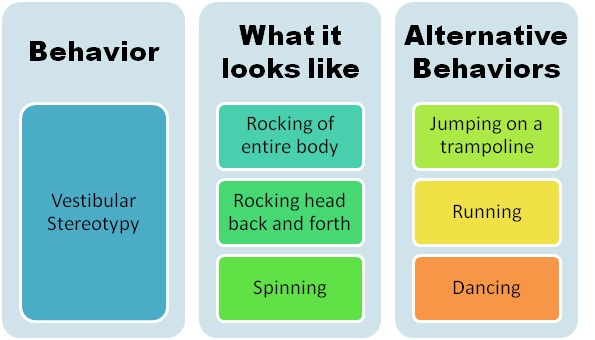 Children who will never be able to perceive themselves as part of the world around them, and parents for whom every day is a series of battles and victories. First, fighting with yourself, accepting and realizing that their child will never be cured, and then fighting the disease for every gesture, every smile, every look and word of the child - small, but such important victories.
Children who will never be able to perceive themselves as part of the world around them, and parents for whom every day is a series of battles and victories. First, fighting with yourself, accepting and realizing that their child will never be cured, and then fighting the disease for every gesture, every smile, every look and word of the child - small, but such important victories.
Scientists have not been able to reliably establish the causes of the disease. It is known about the genetic predisposition: signs of autism are more often manifested in people whose family already has an autistic person. Pregnancy in mothers of such children proceeds normally, and the children themselves are often very attractive in appearance - autism, as a rule, does not affect the physical development of the child. However, the development of autism is still in some cases associated with the manifestation of other diseases:
- cerebral palsy;
- maternal rubella infection during pregnancy;
- tuberous sclerosis;
- impaired fat metabolism (the risk of having a baby with autism is greater in obese women).

All of these conditions can have a bad effect on the brain and, as a result, provoke symptoms of autism. However, what autism is, and what are the causes of its manifestation, is still not completely clear.
Early diagnosis plays an important role in the further development of an autistic child. Autism in children is manifested by certain signs. Early childhood autism is a condition that can manifest itself in children at a very early age - both at 1 year old and at 2 years old. What is autism in a child, and whether this disease occurs, is determined by a specialist. But you can independently figure out what kind of illness a child has and suspect him, based on information about the signs of such a condition.
Early signs of autism in a child
This syndrome is characterized by 4 main signs. In children with this disease, they can be determined to varying degrees.
Signs of autism in children are as follows:
- impaired social interaction;
- broken communication;
- stereotyped behaviour;
- early symptoms of childhood autism in children under 3 years of age.
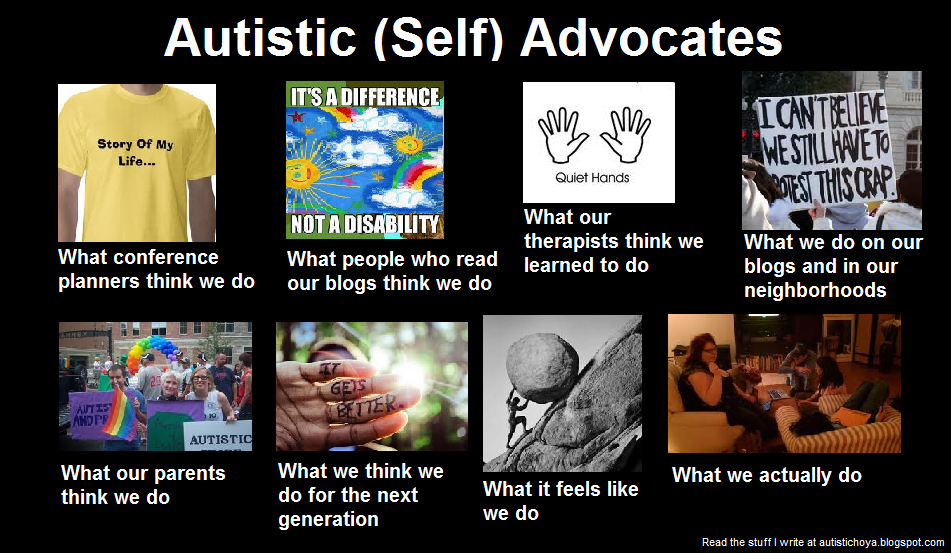
The first signs of autistic children can be expressed as early as the age of 2 years. Symptoms may be mild when eye-to-eye contact is impaired, or more severe when it is completely absent. As a rule, autism manifests itself very early - even before the age of 1, parents can recognize it. In the first months, such children are less mobile, react inadequately to stimuli from the outside, they have poor facial expressions.
The child cannot perceive a holistic image of a person who is trying to communicate with him. Even in the photo and video, you can recognize that such a baby's facial expressions do not correspond to the current situation. He does not smile when someone tries to amuse him, but he can laugh when the reason for this is not clear to anyone close to him. The face of such a baby is mask-like, grimaces periodically appear on it.
Baby uses gestures only to indicate needs. As a rule, even in children under one year old, interest is sharply shown if they see an interesting object - the baby laughs, points with a finger, and demonstrates joyful behavior.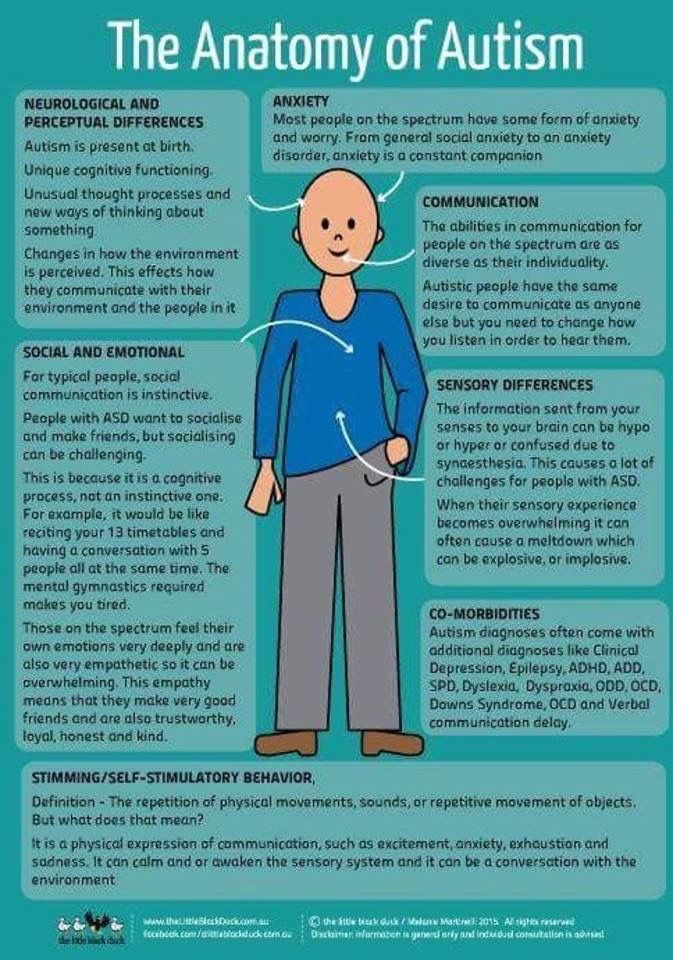 The first signs in children under 1 year old can be suspected if the child does not behave like this. Symptoms of autism in children under one year old are manifested by the fact that they use a certain gesture, wanting to get something, but do not seek to capture the attention of their parents by including them in their game.
The first signs in children under 1 year old can be suspected if the child does not behave like this. Symptoms of autism in children under one year old are manifested by the fact that they use a certain gesture, wanting to get something, but do not seek to capture the attention of their parents by including them in their game.
An autistic person cannot understand other people's emotions. How this symptom manifests itself in a child can be traced already at an early age. If ordinary children have a brain designed in such a way that they can easily determine when they look at other people, they are upset, cheerful or scared, then an autistic person is not capable of this.
The child is not interested in peers. Already at the age of 2, ordinary children strive for company - to play, to get acquainted with their peers. Signs of autism in children of 2 years old are expressed by the fact that such a baby does not participate in games, but plunges into his own world. Those who want to know how to recognize a child 2 years old and older should simply look at the company of children: an autist is always alone and does not pay attention to others or perceives them as inanimate objects.
It is difficult for a child to play with imagination and social roles. Children 3 years old and even younger play, fantasizing and inventing role-playing games. In autistics, symptoms at 3 years old may be expressed by the fact that they do not understand what a social role in the game is, and do not perceive toys as integral objects. For example, signs of autism in a child of 3 years old can be expressed by the fact that the baby spins the wheel of a car for hours or repeats other actions.
Child does not respond to emotions and communication from parents. Previously, it was believed that such children are not emotionally attached to their parents at all. But now scientists have proven that when a mother leaves, such a child at 4 years old and even earlier shows anxiety. If family members are around, he looks less obsessed. However, in autism, signs in children of 4 years old are expressed by a lack of reaction to the fact that parents are absent. The autist shows anxiety, but he does not try to return his parents.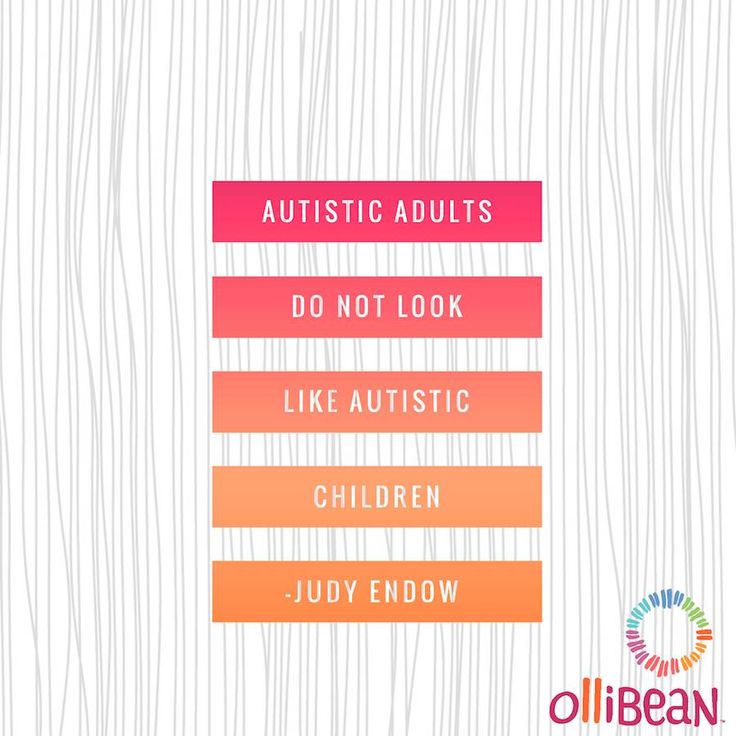
In children under 5 years of age and later, there is a delay in speech or its complete absence (mutism). The speech is incoherent, the child repeats the same phrases, devoid of meaning, speaks of himself in the third person. He does not respond to other people's speech either. When the “age of questions” comes, parents will not hear them from the baby, and if they do, then these questions will be monotonous and without practical significance.
Stereotyped behavior includes obsession with one activity, repetition of daily rituals, development of fears and obsessions. At the same time, if the sequence of the ritual is violated, the child becomes hysterical or may show aggression or self-aggression.
Can autism be cured and is it curable at all? Unfortunately, there is no cure. How you can help your child depends on each individual case. Drug treatment is prescribed only in case of destructive behavior of a small patient. But, despite the fact that the disease is not curable, it is possible to correct the situation.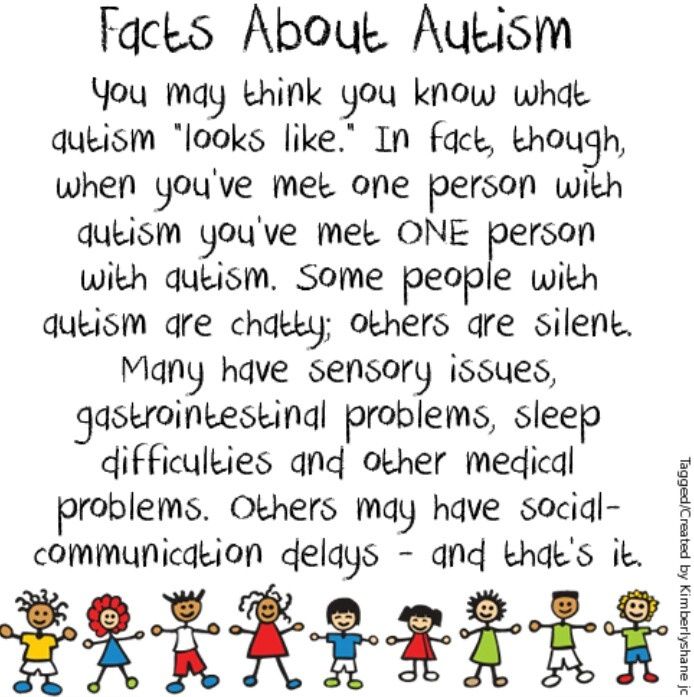 The best "treatment" in this case is regular practice every day and the creation of the most favorable environment for the autistic. Classes are held in stages:
The best "treatment" in this case is regular practice every day and the creation of the most favorable environment for the autistic. Classes are held in stages:
- To form the skills that are needed for training. If the child does not make contact, gradually establish it, not forgetting who it is - autistics. Gradually it is necessary to develop at least the rudiments of speech.
- Eliminate forms of behavior that are non-constructive: aggression, self-aggression, fears, withdrawing into oneself, etc.
- Learn to observe, imitate.
- Teaching social games and roles.
- Learn to make emotional contact.
The most common treatment for autism is practiced according to the principles of behaviorism (behavioral psychology). One of the subtypes of such therapy is ABA therapy. The basis of this treatment is to observe what the reactions and behavior of the baby look like. After all the features are studied, incentives are selected for a particular autist.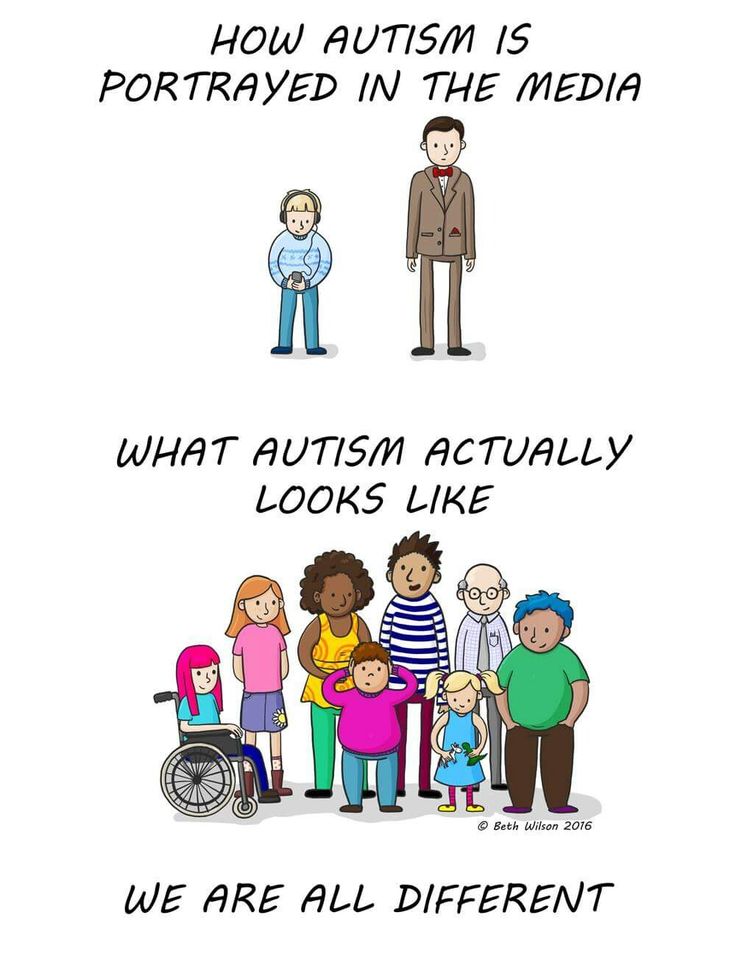 Speech therapy practice is obligatory: if the kid regularly works with a speech therapist, his intonation and pronunciation are getting better. At home, parents help the child develop self-service and socialization skills. Since autists have no motivation to play, they get used to the daily routine, everyday affairs, cards are created where the order of performing this or that action is written or drawn.
Speech therapy practice is obligatory: if the kid regularly works with a speech therapist, his intonation and pronunciation are getting better. At home, parents help the child develop self-service and socialization skills. Since autists have no motivation to play, they get used to the daily routine, everyday affairs, cards are created where the order of performing this or that action is written or drawn.
Why is early diagnosis important? There are conditions that mimic autism that can be confused with its symptoms. But other methods are used to correct them.
ZPRR with autistic features
The symptoms of this disease are associated with a delay in psychoverbal development. They are in many ways similar to the signs of autism. Starting from a very early age, the baby does not develop in terms of speech in the way that existing norms suggest. In the first months of life, he does not babble, then he does not learn to speak simple words. At 2-3 years old, his vocabulary is very poor.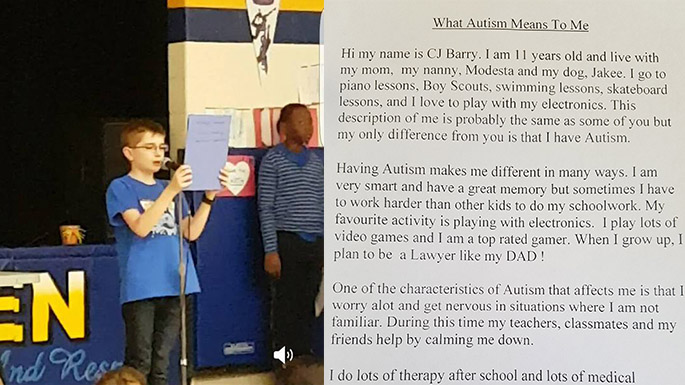 Such children are often poorly developed physically, sometimes hyperactive. The final diagnosis is made by the doctor. It is important to visit a psychiatrist, speech therapist with the child.
Such children are often poorly developed physically, sometimes hyperactive. The final diagnosis is made by the doctor. It is important to visit a psychiatrist, speech therapist with the child.
Attention deficit hyperactivity disorder
This condition is also often mistaken for autism. With a lack of attention, children are restless, it is difficult for them to study at school. There are problems with concentration, such children are very mobile. Even in adulthood, echoes of this state remain, because it is difficult for such people to remember information and make decisions. You should try to diagnose this condition as early as possible, practice treatment with psychostimulants and sedative drugs, and visit a psychologist.
Hearing loss
These are various hearing impairments, both congenital and acquired. Hearing-impaired children also have speech delays. Therefore, such children do not respond well to the name, fulfill requests and may seem naughty.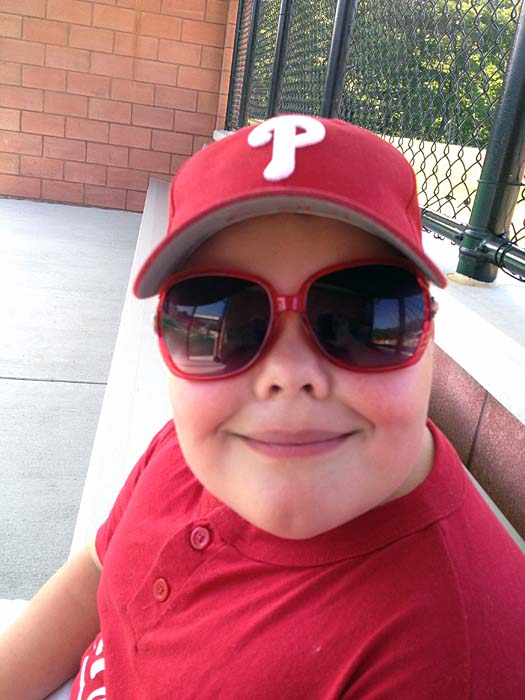 At the same time, parents may suspect autism in children. But a professional psychiatrist will definitely send the baby for an examination of auditory function.
At the same time, parents may suspect autism in children. But a professional psychiatrist will definitely send the baby for an examination of auditory function.
Hearing aid helps solve problems.
Schizophrenia
Autism was previously considered one of the manifestations of schizophrenia in children. However, it is now clear that these are two completely different diseases. Schizophrenia in children begins later - at 5-7 years. The symptoms of this disease appear gradually. Such children have obsessive fears, talk to themselves, later delusions and hallucinations appear. This condition is treated with medication.
It is important to understand that autism is not a death sentence. Indeed, with proper care, the earliest correction of autism and support from specialists and parents, such a baby can fully live, learn and find happiness, becoming an adult.
Autism "in an adult way": how is the autism is diagnosed in adulthood
- EVA ONEVIROS
- BBC World Service



